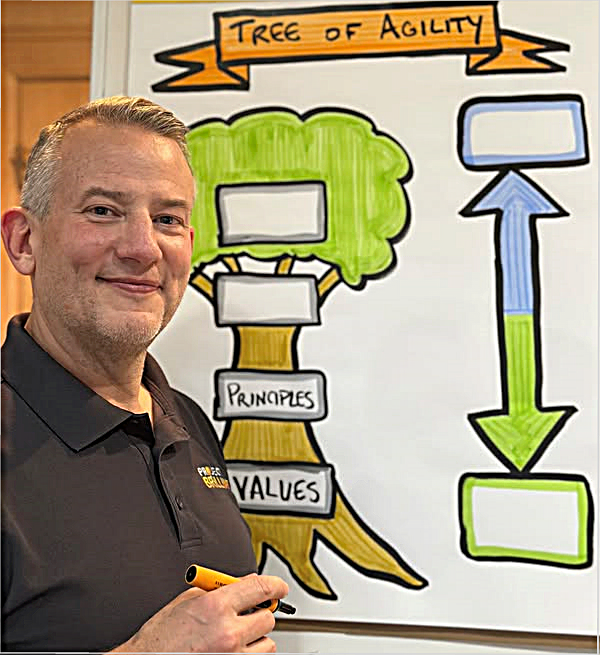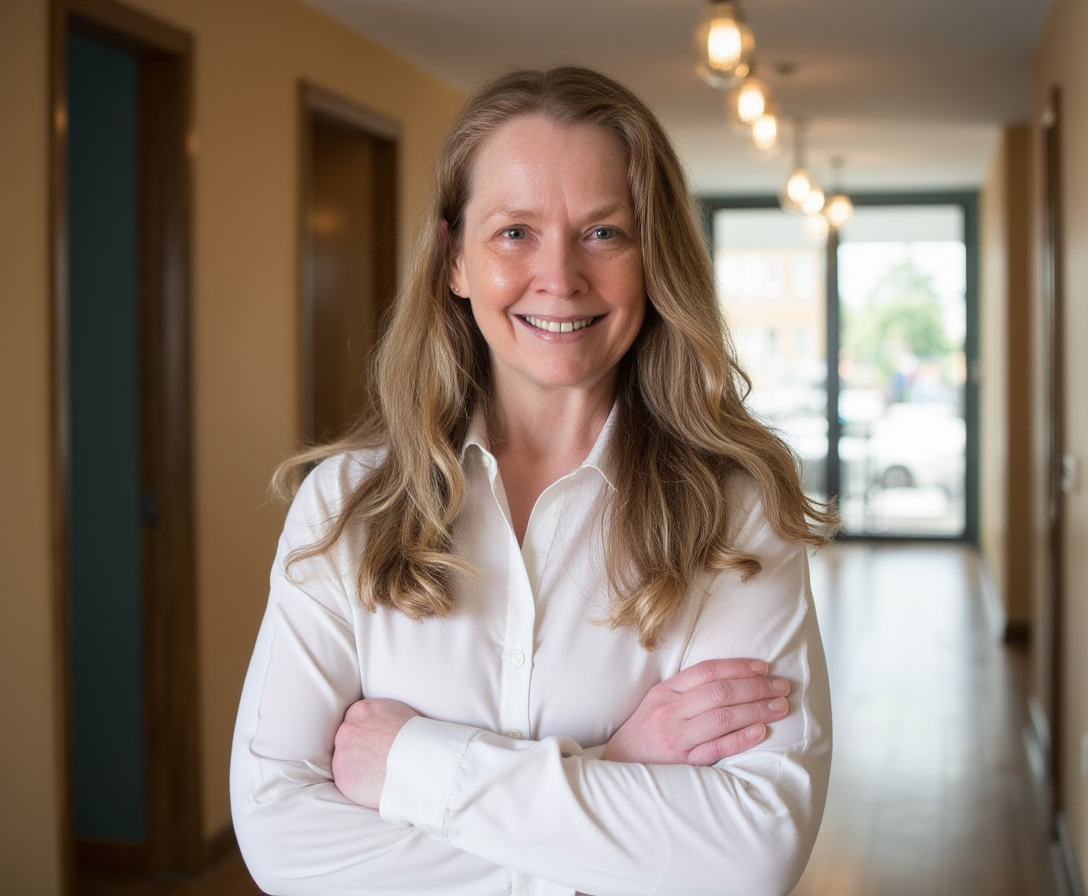As businesses become increasingly reliant on technology, the role of the Chief Information Officers (CIOs) has never been more critical. Today, these tech executives sit in the hot seat. In a business world driven by breakneck speed and endless demands, they’re expected to be masters of technology and strategy all at once. But here’s the rub: while they grew up writing code, can build systems, and keep the lights on, many of them struggle when the job shifts to leading teams and influencing company strategy.
Aaron Kopel, author of Unlocking Momentum: The CIO’s Keys to Accelerating Change and Becoming a Strategic C-Level Partner, is determined to change that dynamic. Kopel, known as the Momentum Locksmith, is a trailblazer in business agility and is the CEO of Project Brilliant. He is no stranger to the challenges Chief Information Officers face, “Too often, they are elevated for their technical expertise but have neglected to focus on the skills required to effectively guide their IT leadership team or secure a voice at the executive table. It’s time for that paradigm to shift.”
The Growing Pains of Leadership. For many CIOs, the journey starts in the trenches of IT—solving complex technical problems, driving innovation, and keeping the digital engines of their companies humming, but as they climb the corporate ladder, the rules of the game change. Kopel identifies three key missteps companies make when failing to effectively leverage tech executives in key decisions, highlighting how both leadership and organizational dynamics can hinder their ability to contribute strategically.
#1. Confusing Efficiency with Effectiveness. Traditionally, CIOs have been driven to prioritize efficiency—finding the simplest, lowest-cost solution to a problem. But when business needs evolve, this narrow focus can leave them solving outdated problems that no longer matter. To stay ahead, they must shift their focus to effectiveness—solving the right problem at the right time, even as it changes. This requires adaptability, not just optimization.
#2. Lack of Strategic Presence: According to Gartner’s 2024 Annual CIO Survey, only 46% of Chief Information Officers report to the CEO, meaning 54% have a “middle man” between them and the true Senior Executive team. When CEOs exclude tech executives from senior-level C-suite meetings, they make a costly mistake. As AI adoption accelerates, these leaders are uniquely positioned to bridge the gap between innovation and strategy, ensuring their organizations stay competitive in a rapidly evolving landscape. By sidelining them, CEOs miss the opportunity to leverage their tech executives as a powerful catalyst of business transformation.
#3. Disjointed Priorities: Many companies resemble a Rube Goldberg machine—a tangled web of misaligned teams, conflicting objectives, and outdated processes – cobbled together over time in response to short term needs from years long past. Business leaders often struggle to see the big picture and how this patchwork machine is constantly fighting itself. “When priorities aren’t clear, organizations waste energy chasing their tail and ultimately fail to deliver real value,” Kopel warns. “CIOs are uniquely positioned to take the lead in addressing this issue within IT and across the entire organization.”
Key Insights into Business Agility. The cornerstone of Kopel’s philosophy is business agility—an organization’s ability to adapt to changes in the market, technology, or customer demands swiftly while keeping its eye on what matters most: to satisfy changing customer needs, innovate, and stay resilient in dynamic environments. Through his firm, Project Brilliant, Kopel works with CIOs and other leaders to align their teams, optimize their workflows for adaptability, and cultivate cultures rooted in collaboration and innovation. “Think of an organization as a car,” he explains. “If its tires are out of alignment, the vehicle won’t steer correctly, and the ride will be rough. The same goes for a business. Teams must align with clear value streams—whether it’s customer needs, product development, or internal operations—to achieve lasting success.”
In Unlocking Momentum Aaron Kopel delivers a bold blueprint for organizations ready to break free from outdated organizational models. His approach integrates agile practices at every level, urging leaders to ditch micromanagement and build the level of trust in their teams. “Managers should focus on coaching and mentoring, not controlling every detail,” he says. Kopel’s message is clear: when teams are trusted, they perform, and that’s the secret to unlocking real business momentum. His advice resonates across industries, from healthcare to manufacturing, where his engaging workshops and storytelling style help to simplify complex leadership challenges and make it easier for leaders to get their arms around them and take meaningful action.
With over 25 years of experience and a reputation as one of the world’s top business agility experts, Kopel has guided organizations through some of their toughest transformations. A two-time tech startup entrepreneur and co-founder of several Agile communities, his influence is far-reaching. Unlocking Momentum is more than just a book—it’s a wake-up call for Chief Information Officers to step into their full potential as strategic leaders. By aligning their teams, championing value-driven initiatives, and claiming their seat at the table, they can reshape their organizations. As Kopel puts it, “CIOs have the power to transform not just their departments, but their entire organizations. It’s time to step up and lead the change.”


